NES Test Prep — NES Practice Test (updated 2022)
One of the most important issues America faces as a nation is that of the education of our children. In order to create an internationally competitive workforce, it is imperative to meet increasingly higher standards in the classroom. This means that the nation needs to recruit top-notch teachers and ensure that only the best are entrusted with our children’s educational development. While many people attempt to enter the education field, there is a need to be able to assess their knowledge of their subject, their ability to apply that knowledge to teaching a wide range of children with diverse needs, and their mastery of classroom management. The NES, or National Evaluation Series, is a rigorous testing program created by Pearson Education Group that entry-level teachers must undergo in order to become professionally certified educators. Hundreds of experts, school administrators, and experienced teachers contribute to the tests that range from elementary education and primary skills to the more specialized subject areas taught at the secondary level. Test Development Committees participate in validation surveys and screen draft questions for bias and content.
Free NES Practice Test
Use the free NES practice test questions below to get a better understanding of the NES exam. Take advantage of this valuable resource to pinpoint your strengths and weaknesses.
Art (503)Assessment of Professional Knowledge: Elementary (051)Assessment of Professional Knowledge: Secondary (052)Biology (305)Business Education (309)Chemistry (306)Early Childhood Education (101)Earth and Space Science (307)Elementary Education (102 & 103)English Language Arts (301)English to Speakers of Other Languages (507)Essential Academic Skills: Mathematics (003)Essential Academic Skills: Reading (001)Essential Academic Skills: Technology Literacy (004)Essential Academic Skills: Writing (002)Essential Components of Elementary Reading Instruction (104)Family and Consumer Sciences (310)General Science (311)Gifted Education (312)Health (505)History (302)Mathematics (304)Mathematics (Middle Grades and Early Secondary) (105)Middle Grades English Language Arts (201)Middle Grades General Science (204)Middle Grades Mathematics (203)Middle Grades Social Science (202)Music (504)Physical Education (506)Physics (308)School Counselor (501)School Library Media Specialist (502)Social Science (303)Spanish (401)Special Education (601)
National Evaluation Series
New questions are pilot tested at various sites throughout the country before adding them to the exams.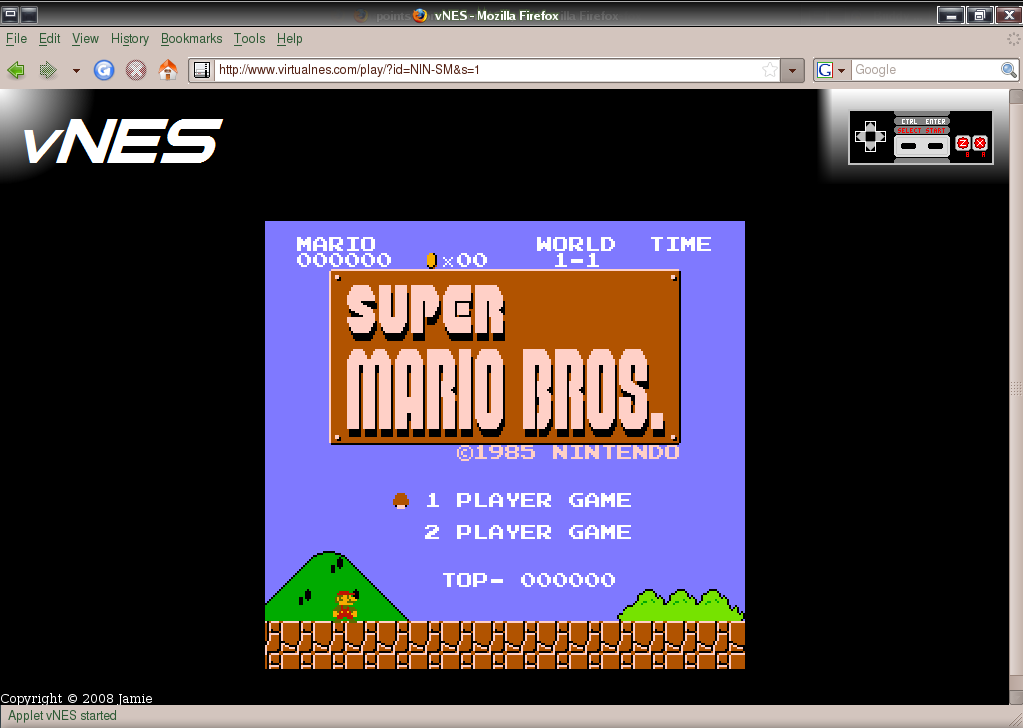 This ensures that all exams adhere to nationally accepted subject and pedagogy standards and assess current, relevant information within each discipline. Additionally, Pearson aligns the exams with each state’s certification requirements. For example, education students in Texas take the TexES tests in order to become professional teachers, and each certification requires a different set of exams.
This ensures that all exams adhere to nationally accepted subject and pedagogy standards and assess current, relevant information within each discipline. Additionally, Pearson aligns the exams with each state’s certification requirements. For example, education students in Texas take the TexES tests in order to become professional teachers, and each certification requires a different set of exams.
A Texas high school chemistry teacher would take the secondary Professional Knowledge TexES and the Chemistry TexES assessments in order to be certified. Elementary teachers take the Professional Knowledge Assessment and the Elementary Education Subtests in order to be able to call themselves “highly qualified”. Therefore, students registering to sit for the exams should make sure they are familiar with the unique demands of their particular state. The customer service department located at the NES website provides knowledgeable information regarding certification requirements across the nation and can assist with registration.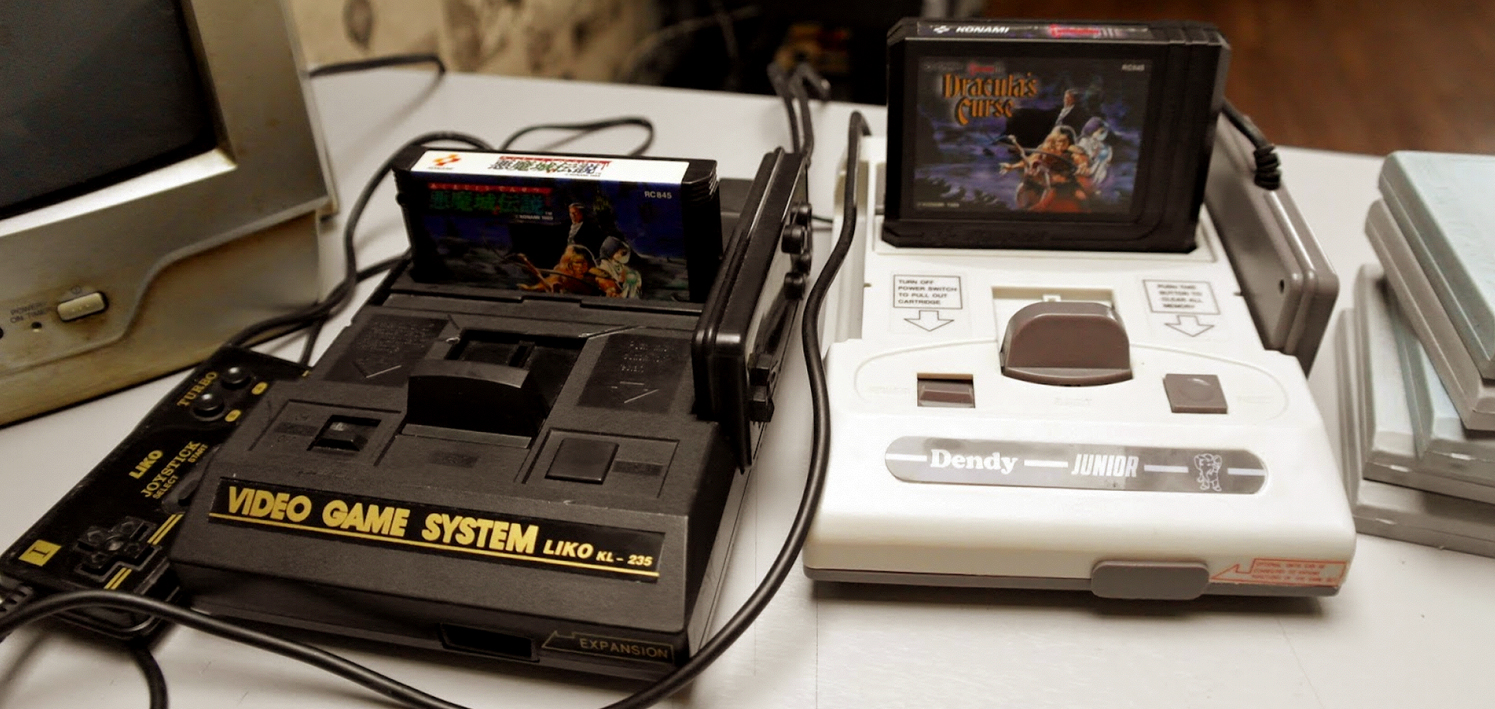
After enrolling in school and successfully completing all the college courses required for their particular degree program, students need to pass their particular set of exams to become certified classroom teachers. The NES offers a variety of tests that evaluate both general knowledge and that specific to the subject matter to be taught. All examinees take the Professional Knowledge Assessment for either elementary or secondary level teaching.
This test evaluates knowledge of classroom management, childhood development, professional protocol, duties and responsibilities of teaching, legal obligations of teaching, and understanding of the educational system. Both tests contain one hundred multiple choice questions, one case study written assignment, and one work product written assignment. In addition, students may take an exam focusing solely on a single subject area. The Essential Academic Skills test is offered for reading, writing, mathematics, and technological literacy.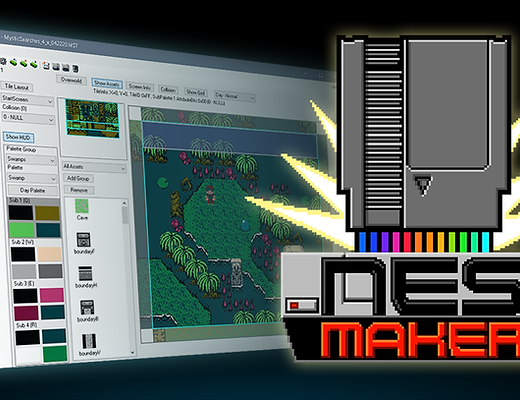
Those hoping to become certified for a particular grade level will select from exams specific to their chosen age group. Elementary Assessments include Early Childhood, Elementary Education Subtests I and II, and Essential Components of Elementary Reading Instruction. Applicants who are successful on these will be certified to teach grade levels between Early Childhood and either 4th or 6th grade, depending on their state’s guidelines. Middle Grade Assessments test English language arts, general science, mathematics, and social sciences.
After passing these exams, teachers are certified to teach all grades from 4th to 8th. The Secondary Assessments become more departmentalized, offering biology, business education, chemistry, earth and space science, English language arts, family and consumer science, general science, history, mathematics, mathematics for middle grades and early secondary level, physics, and social sciences. Those wishing to work with 9th through 12th grade students need to pass these tests in order to find positions at that level.-1491649587.png)
Those wishing to attain certifications in special instruction areas or elective subjects will find tests for art, Chinese (mandarin), French, German, Spanish, health, music, special education, and physical education. These certifications qualify teachers from Pre-Kindergarten to 12th grade. Many experienced teachers return to add additional certifications to their credentials after completing master’s degree programs, sometimes sitting for exams in school counseling, gifted education, and library media specialist.
Those certifications have classroom teaching experience levels that must be met before the test may be taken, and they give those teachers the credentials to work with students at all grade levels. The time limit on the exams varies, with most lasting three hours. The Essential Skills tests range from forty-five minutes to an hour and fifteen minutes. Most are multiple choice tests, but many have additional writing assignments or short answer sections.
Written assignments tend to take up a large amount of time for those that don’t practice writing organization and idea development. Along with expository and persuasive writing, students should practice using time wisely and create a plan for managing time spent on difficult questions. Using Mometrix Test Preparation aides in developing time management and question deconstruction skills that can mean the difference between completing the test successfully or running out of time.
Along with expository and persuasive writing, students should practice using time wisely and create a plan for managing time spent on difficult questions. Using Mometrix Test Preparation aides in developing time management and question deconstruction skills that can mean the difference between completing the test successfully or running out of time.
All National Evaluation Series exams are computer-based, allowing tests to be scored and returned quickly. Students electing to have those test scores emailed will generally receive them in about two weeks. Tests with student generated answers and written assignments come back within a four-week period of time. The NES board will also forward exam results to the institutions and state certification entities of the examinee’s choice.
Because they are computerized, the tests’ data are entered into NES test databases and easily accessed online. Therefore, scores can be checked and printed for a full forty-five days after the day the test is taken. In order to obtain an acceptable score, examinees must at least reach the national benchmark of 220 on each test. Students receiving unsuccessful results must wait thirty days and pay an additional registration fee to retake any exam.
In order to obtain an acceptable score, examinees must at least reach the national benchmark of 220 on each test. Students receiving unsuccessful results must wait thirty days and pay an additional registration fee to retake any exam.
The online access also allows for quick and easy registration and testing site selection. It enables registering examinees to log on to the NES website to review available seating on desired dates at preferred locations, sign up, pay, and receive confirmation tickets that grant admission on the day of the test. Registration is open Monday through Saturday, excluding major holidays. The online aspect means any subject area test can be taken on any day by appointment. Examinees do not have to wait until a designated test date.
All major exams have a fee of $95 each. Essential Skills tests cost $50 for the first exam and $25 for each additional test taken. The user-friendly site also gives students with special needs the chance to request accommodations before taking the test.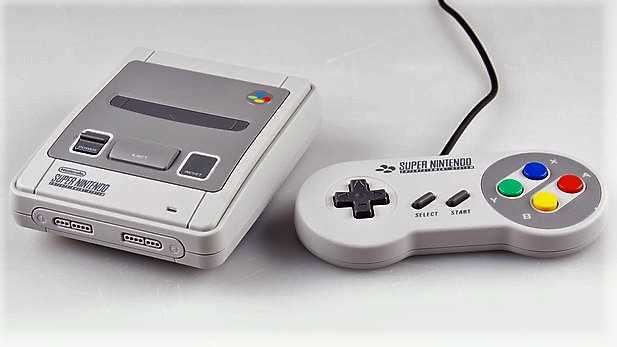 Alternative testing arrangements can be made for anyone with cognitive, learning, or physical disabilities. Options such as alternate testing sites or extended time can be granted to those registering at least two weeks before their desired test date.
Alternative testing arrangements can be made for anyone with cognitive, learning, or physical disabilities. Options such as alternate testing sites or extended time can be granted to those registering at least two weeks before their desired test date.
Those waiting until the last minute may find the accommodations unavailable on their desired exam day and be forced to reschedule to a future date. Any changes, reschedules, or cancellations of the test must be completed at least twenty-four hours before the registered exam date in order to receive a refund. Again, a last minute alteration of the testing plan does not benefit testing applicants.
The only instance in which an applicant can receive a fee voucher to take the test at a future date is an unforeseeable emergency, such as an injury, illness, or immediate family death. All requests for testing alterations or accommodations must be accompanied by documentation supporting the need for those changes. The NES test website boasts a world-class customer service department, and all questions pertaining to tests, accommodations, sites, and scoring can be directed to them at any time. The NES website also offers a variety of resources for college and university pedagogical faculty members to help prepare students for each exam.
The NES website also offers a variety of resources for college and university pedagogical faculty members to help prepare students for each exam.
On the day of the exam, test takers should present a valid photo ID, such as driver’s license, military ID, alien registration ID, state issued ID, or a passport. Any form of ID without a photo is noncompliant with the rules and the student will not be admitted into the testing site and required to forfeit their registration fee. Upon admission, applicants may be requested to take a digital picture or provide a palm scan to further prove identity.
Students must be on time or risk not being admitted to the examination room, leading to a loss of paid fees. It is suggested that students taking exams dress comfortably and wear soft-soled shoes to help maintain a quiet environment. No cell phones or digital devices, recording or photography devices, or calculators may enter the exam room. Additional test site rules regarding personal belongings, snacks, tardiness, and other activities will apply as well.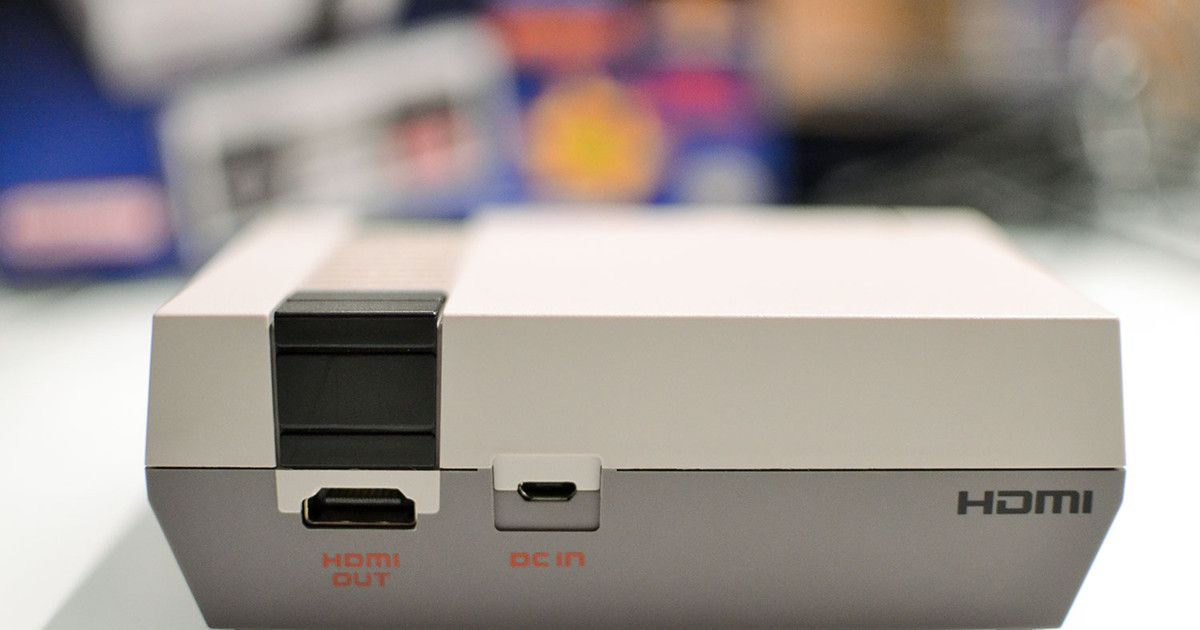 It is in an examinee’s best interest to educate themselves about those rules on the NES website in order to prevent being barred from admission or ejection from the exam.
It is in an examinee’s best interest to educate themselves about those rules on the NES website in order to prevent being barred from admission or ejection from the exam.
So, imagine graduating from an institution of higher learning with a bachelor’s degree in education and sitting down to take these tests that will determine whether that degree can be used. Failing scores mean fewer job opportunities and lower salaries than certified teachers. A teaching student’s entire educational career hinges on their success at this point. That’s pretty intimidating to even the brightest of people.
Therefore, a wise person will participate in some type of review to help prepare them to take their NES exams. Gathering the most vital information from a multitude of completed courses and creating study materials that hone skills and review the most important lessons learned during the time spent earning a degree takes up valuable study time and creates endless frustration. Finding materials that have already done that frees students’ time to actually prepare for the test.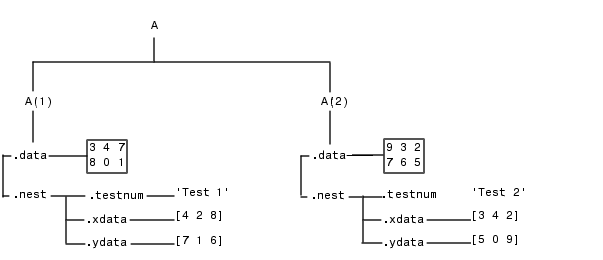 Mometrix Test Preparation offers a complete library of NES resources. In addition to providing practice tests for every single section of the exams, Mometrix has also created review videos and practice questions to address each certification discipline. Each review has been researched and designed to thoroughly cover the subject, topic by topic.
Mometrix Test Preparation offers a complete library of NES resources. In addition to providing practice tests for every single section of the exams, Mometrix has also created review videos and practice questions to address each certification discipline. Each review has been researched and designed to thoroughly cover the subject, topic by topic.
When preparing to sit for each exam, students will not only be able to review the materials from their university courses, but use these tools to assess themselves and their ability to process and use the information. The NES exams go beyond memorization of definitions and dates. Many tests provide the examinee with scenarios that might occur in the classroom and require the student to choose the best solution to a problem or the right methodology to put into practice. Putting those thought processes to use as much as possible helps train teacher applicants to evaluate given situations and seek out the best practices possible with which to address them.
Mometrix testing materials provides that training, making those types of exam questions seem like second nature when facing the actual exam. Other NES tests assess the mastery of subject matter. For example, mathematics tests gauge the ability to perform computations, use formulas, and solve equations. English/Language Arts/Reading exams present the opportunity to demonstrate comprehension and understanding of a variety of texts, mastery of the writing process, and an appreciation of literature. Mometrix videos and practice questions refresh the memory of the material and give students the ability to strengthen their understanding of the subject before applying it to the certification assessment test.
While no test preparation resource can review the entire volume of information learned during the span of the educational experience, Mometrix sifts through the mountains of definitions and ideas and condenses it down to the most vital concepts needed to achieve success when taking the NES exams. They then print these essential concepts on individual flashcards, providing a portable study tool that can be produced and used at any time.
They then print these essential concepts on individual flashcards, providing a portable study tool that can be produced and used at any time.
It’s been proven that repetition increases memory, and these cards can help a student drill the fundamental precepts of pedagogy. Mometrix then created a practice test for teacher applicants to self-assess their progress and seek out weak areas that need further review. Because each subject is broken down topic by topic, it is easy to focus in on exactly what is needed to improve test results. Once trouble areas are identified, students can use the vast quantity of practice questions to check their progress before testing again. Examinees who use the videos to relearn topics and boost understanding find them invaluable when addressing subjects taken years before or tenuously mastered.
Each recording covers the main ideas of the concept and how to apply those ideas to answering questions. No product can promise a passing score on the NES exams, but it is a fact that those students who engage in study and review activities with a well researched, guided preparation product obtain better scores than those who do not. The Mometrix team dedicates itself to the development of superior materials that reduce wasted study time and increase information retention.
The Mometrix team dedicates itself to the development of superior materials that reduce wasted study time and increase information retention.
Continuous research ensures the questions and concepts are up to date and always relevant. The NES exams are not easy tests. These tests were created to help select the very best applicants to become the leaders of education and our children’s guides through learning. Only those truly dedicated to their profession will get past this one last obstacle on the road to certification. Mometrix Test Preparation puts the tools in their hands to get them there.
- NES Study Guide
- NES Flashcards
Teacher Certification – Home
NES Test Registration Information | 240 Tutoring
You have researched the NES tests, and you know which one you need to take. But now you have to register. How do you register for an exam, and what does the exam cost? Do you need an ID for the test? Can you bring a calculator to the test? We will answer all your questions about NES registration.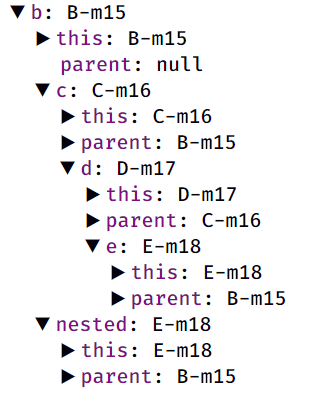
In this article, we will give you details and tips about registration. We will let you know if you have access to a formula sheet and a calculator for your specific exam. This article will answer your questions about what happens if you fail an exam and whether you can retake it. We will give you lots of tips for registering for an exam, and after you’ve read this article, you will be fully prepared to get registered. Then you can begin studying for your exam.
Let’s get started.
How Do You Register for an NES Exam?
Registering for the NES exam is different for each state. Some states have you register on the NES website, while others send you to a state website. Here is how to register for a test:
- Go here and choose your state.
- Create an account with NES: You will need to create a password and enter personal information such as email, social security number, address, and birthdate.
- Register: Once you make your account, you are ready to register for an NES exam.
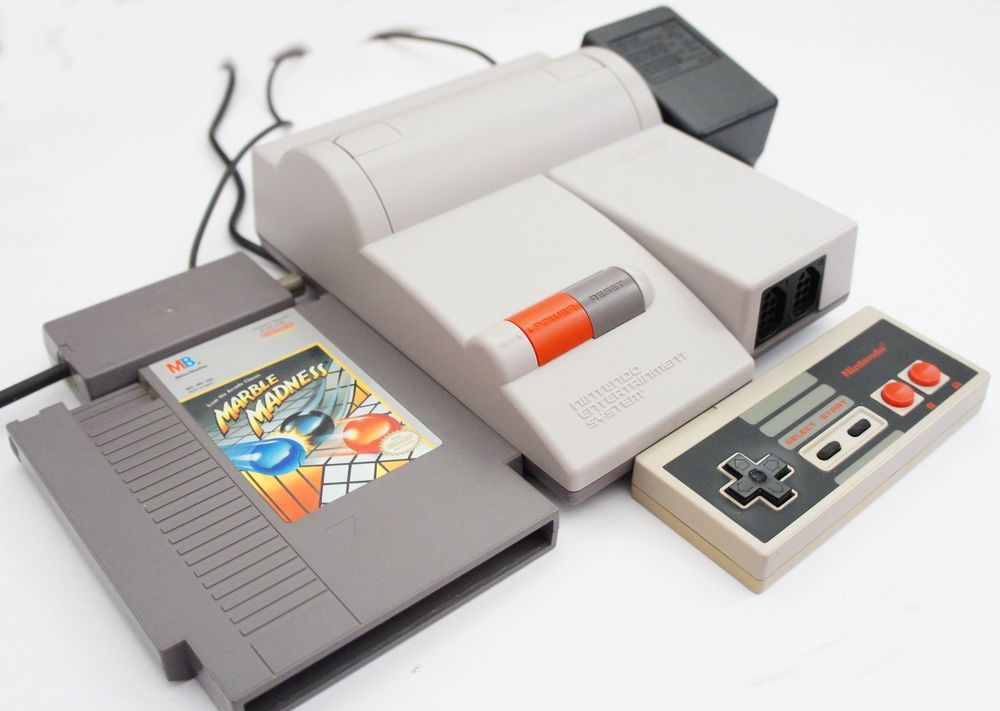 Fill out the registration form and pay the test fee.
Fill out the registration form and pay the test fee. - Schedule the test: Select your test name and enter your zip code. It will give you a list of testing locations near you.
Once you register and pay for a test, you have one year to take the test. If you don’t take the test within that year, you will lose your test fee.
How Much Does it Cost to Register for an NES Exam?
Most NES exams cost $95, but there are a couple of exceptions. The Essential Academic Skills has four subtests, and you can take just one subtest or any combination of the four. The fees are $50 for one subtest, $75 for two subtests, $100 for three subtests, and $125 for all four subtests. The elementary Education test is also divided into two subtests. It costs $50 to take one subtest and $95 to take both.
You must use a Visa or MasterCard credit or debit card to pay for the test when you register. If you don’t have a credit card or debit card, you can contact NES customer service to find out how to pay with a check.
It’s possible to get a fee waiver. To be eligible for a fee waiver, you must:
- be enrolled in an undergraduate or graduate program
- currently be receiving financial aid
- meet particular income eligibility guidelines
For more information about getting a fee waiver, visit the NES website here.
What Kind of ID Do You Need for the NES Test?
You do need an ID to take an NES exam. If you do not have a proper ID when you show up to the testing center, you won’t be allowed to enter, and you will be considered absent. This means that you won’t get a credit or a refund for the test fee. There are a few types of IDs that are unacceptable. These include student IDs, credit cards, social security cards, and international driver’s licenses.
The ID must be government-issued, with a picture, and match the name you registered. Acceptable forms of ID are:
- Driver’s license
- Passport
- State ID
- National ID
- Military ID
- Alien registration card
Also, if you have recently changed your name and the name on your ID doesn’t match the name you registered with, you must bring official documentation, such as an original marriage certificate or an original court order.
Your digital signature will be recorded at the testing site as well as either a palm scan or a digital picture. This is just to make sure it is indeed you who is taking the test. If you decline these, you won’t be allowed to test, and you won’t receive a refund or credit.
What are Some Day-of-Test Tips for an NES Test?
The day of the test has arrived, and you have put in countless hours studying. We have some tips to make sure you are successful:
- Make sure to go to bed early the night before.
- Plan out your route to the testing facility and take traffic into account so you don’t arrive late.
- Have a good meal before the test. The last thing you want is to worry about being hungry during the test.
- Make sure you have gathered items needed for the test.
- Dress in layers. You never know what the temperature in the testing room will be.
- Get to the test site early. If you are late, you won’t be allowed in.
- Most important of all: RELAX! Being nervous will not help your test performance.

Dr. Kristy Mulkey offers a quick video containing more day-of and day-before tips!
Do You Get a Formula Sheet for an NES Exam?
You are not allowed to bring any notes into the exam room. However, several NES exams provide you with an on-screen formula sheet. Below are the exams with provided formula sheets and a link to the formula sheet:
- Middle Grades General Science — Formula sheet
- Middle Grades Mathematics — Formula sheet
- Chemistry — Formula sheet
- General Science — Formula sheet
- Mathematics — Formula sheet
- Physics — Formula sheet
Most of the science and chemistry exams also include an on-screen periodic table.
Do You Get a Calculator for an NES Exam?
You can’t bring a calculator to the testing center to use. However, some NES exams provide you with an on-screen calculator. These include:
- Middle Grades Mathematics
- Middle Grades General Science
- Biology
- Chemistry
- General Science
- Physics
What Happens if You Fail an NES Exam?
If you fail an NES exam, you can retake it. You can retake an NES exam as many times as you need to. However, you will have to pay the test fees each time. If you can avoid retaking an NES exam, that is probably for the best. One way to ensure that you pass with flying colors is to invest in a great study guide and take a practice test. The practice test will show you where you need to focus your studying. The study guide will save you time because gathering information has been done for you. Check out this quick video from 240 CEO Scott Rozell explaining how the study guides are created. Go here for a test-aligned study guide and practice test.
You can retake an NES exam as many times as you need to. However, you will have to pay the test fees each time. If you can avoid retaking an NES exam, that is probably for the best. One way to ensure that you pass with flying colors is to invest in a great study guide and take a practice test. The practice test will show you where you need to focus your studying. The study guide will save you time because gathering information has been done for you. Check out this quick video from 240 CEO Scott Rozell explaining how the study guides are created. Go here for a test-aligned study guide and practice test.
How Long Do You Have to Wait Before You Can Retake an NES Exam?
If you want to retake an NES exam, you must wait 30 days from the original test date. If the exam you take is all multiple-choice, you will know your score as soon as you finish. You will get your official score report two weeks after you take the test. Once you know you want to retake an exam, you will have to register and pay the test fees again. Then schedule the retake exam at least 30 days past the original testing date.
Then schedule the retake exam at least 30 days past the original testing date.
If you want to avoid retaking an exam, or if you know you need to retake an exam, consider using a study guide and practice test. You can find test prep resources and practice tests for the most popular NES exams here. Check out “How To Prepare For (And Pass) The NES” for more preparation information.
Are There Any Other Registration Details to Know?
Certain NES exams are now available for online proctoring. This would allow you to take your test remotely from home, school, or work. Check the NES website for more information and to see if this option is offered for your exam.
Once you have registered and paid the fees for an NES test, you have one year to take an exam. If you schedule an exam and you want to change the date, you can do that by visiting your NES account. The latest you can change your test date is 24 hours before your exam. If you need to change which test you registered for, you must first withdraw your registration from the first exam, then register for the new exam.-1460217868.png)
You can withdraw your registration for an exam as long as it is at least 24 hours before the exam. To do this, you just need to visit your NES account and submit a withdrawal request. If you withdraw your registration, you can get a refund.
Once you register for your exam, consider investing in a great study guide and a practice test. A study guide aligned with your particular exam will save you time because someone else did the work of gathering the information. It could also potentially save you money since with a study guide you’re more likely to pass the NES exam the first time. Visit here to find study guides and practice tests for the most popular NES exams. Keep in mind that reliable study guides will be aligned with your specific NES exam and may come with a pass guarantee.
Check out all of our free NES study resources now!
About the author: Kari Wasmer
Kari is a microscopist at an environmental testing company, but her passion is science education. She has experience writing and editing science textbooks and loves helping educators understand how to implement the Next Generation Science Standards (NGSS). In her free time, she enjoys gardening with her young daughters, sewing, and knitting.
She has experience writing and editing science textbooks and loves helping educators understand how to implement the Next Generation Science Standards (NGSS). In her free time, she enjoys gardening with her young daughters, sewing, and knitting.
Test for knowledge of the rules for the disinfection of medical waste
Part of the medical waste carries an epidemiological hazard. Without preliminary disinfection, they cannot be disposed of, otherwise a threat to people and nature will be created. The experts of the MEDSERVICE 24 company offer to take a test that will show how well you understand the issues of this stage of medical waste management.
Unit 1
1. What kind of medical waste requires decontamination? nine0010
- All
- Potentially pathogenic
- Carrying a toxicological hazard
- No correct answer
Find out the answer
b. Potentially containing pathogenic microorganisms
Comment on the correct answer: Yes, this is what means that they are infected, therefore, the reverse process is required.
Comment on wrong answer: No, think again. You can only disinfect what is infected. nine0003
2. Which class of medical waste does not require disinfection?
- A
- B
- B
- No correct answer
Find out the answer
a. A
Comment to the correct answer: Indeed, class A waste is, in fact, ordinary garbage without epidemiological danger.
Comment on incorrect answer: You are wrong. Re-read paragraph 159 of SanPiN 2.1.3684-21 more carefully: there are classes that require mandatory disinfection. nine0003
3. When is centralized disinfection of medical waste allowed?
- With necessary equipment
- When the volume of medical waste goes beyond the limits provided for by scheme
- When disinfecting class B medical waste
- If there is no refrigerator for storage
Find out the answer
p. When disinfecting class B medical waste
Comment on the correct answer: Correct.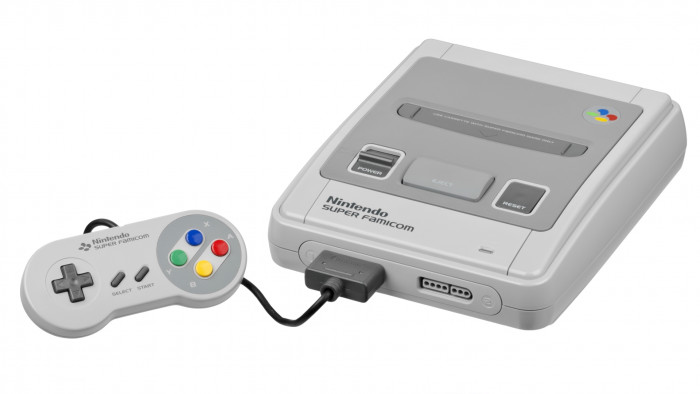 Subparagraph a) of paragraph 200 of SanPiN 2.1.3684-21 just allows centralized disinfection of class B medical waste.
Subparagraph a) of paragraph 200 of SanPiN 2.1.3684-21 just allows centralized disinfection of class B medical waste.
Comment on wrong answer: False. Sanitary and epidemiological requirements do not contain such conditions.
4. Which medical waste cannot be disinfected by chemical methods?
- Everything is possible
- None
- Class B
- Class B
Find out the answer
d. Class B
Comment on the correct answer: Correct. Based on paragraphs 178 and 183 of SanPiN 2.1.3684-21, class B medical waste is disinfected by chemical methods, and class C by physical methods. nine0003
Comment on wrong answer: Incorrect. Sanitary legislation provides for its own group of methods for each class.
5. What medical waste should be stored in the refrigerator?
- Class B
- Class B
- All
- Non-decontaminated
Find out the answer
d.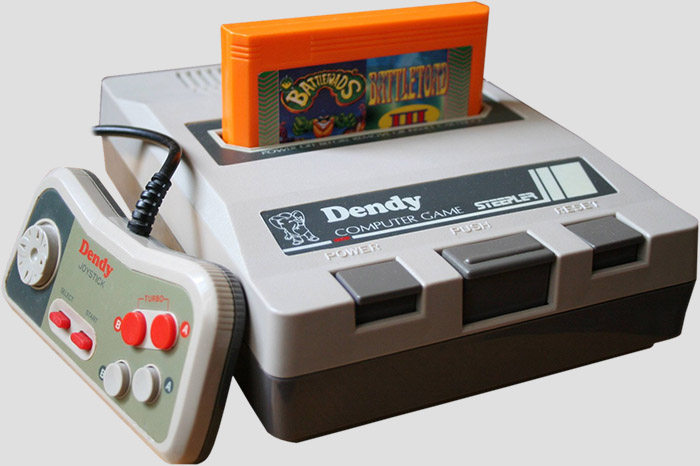 Non-disinfected
Non-disinfected
Comment on the correct answer: Brilliant! You definitely studied our article with clarifications from Rospotrebnadzor. nine0003
Comment on incorrect answer: You are confused. Storage periods are established for non-disinfected medical waste that poses an epidemiological hazard.
6. Which of the following disinfection methods is considered physical?
- Germicidal
- Autoclaving
- Fungicidal
- All answers are correct
Find out the answer
b. Autoclaving
Comment on the correct answer: Exactly. The rest of the methods are chemical. nine0003
Comment on wrong answer: Mistake. Physical methods include only exposure to plasma.
7. Which characteristic describes the chemical methods of medical waste disinfection?
- No special equipment required
- Economical
- Do not give 100% result
- All answers are correct
Find out the answer
d. All answers are correct
All answers are correct
Comment on the correct answer: Bravo! Our infographics about the methods of disinfection of medical waste have obviously settled in your memory. nine0003
Comment on wrong answer: Not really. This characteristic is indeed inherent in chemical methods, but the list is not limited to it.
8. Does class B medical waste transfer to another class after decontamination?
- No, under no circumstances
- Yes, if physically decontaminated
- Yes, if they contain signs of waste of other classes
- Yes, if scheme 9 allows it0014
Find out the answer
a. No, under no circumstances
Comment on the correct answer: You are right. Decontaminated class B medical waste is disposed of as class B — SanPiN does not provide for another.
Comment on incorrect answer: No. If this were allowed, there would be no contracts for the export of waste of different classes.
9. Which of the following disinfection methods is not recommended by WHO?
- Microwave
- Chemical disinfection with grinding
- Chemical disinfection by immersion
- Dry heat treatment
Find out the answer
c.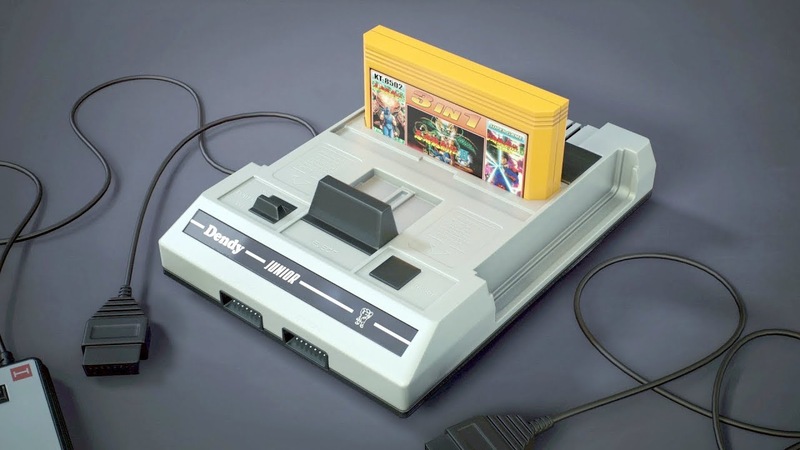 Chemical disinfection by immersion
Chemical disinfection by immersion
Comment on the correct answer: Awesome! You are very familiar with the WHO recommendations regarding the decontamination of medical waste.
Comment on incorrect answer: It is not. WHO does not recommend the use of chemical immersion disinfection. nine0003
10. What is the advantage of equipping the sewer with a wastewater disinfection system?
- According to SanPiN, class B liquid waste can be discharged into a sewer equipped with a wastewater disinfection system without additional disinfection
- Any waste can be drained without additional disinfection
- It is possible not to disinfect class B medical waste by the physical method
- Solid waste can be washed under tap
Find out the answer
a. According to SanPiN, class B liquid waste can be discharged into a sewer equipped with a wastewater disinfection system without additional disinfection
Comment on the correct answer: Correct.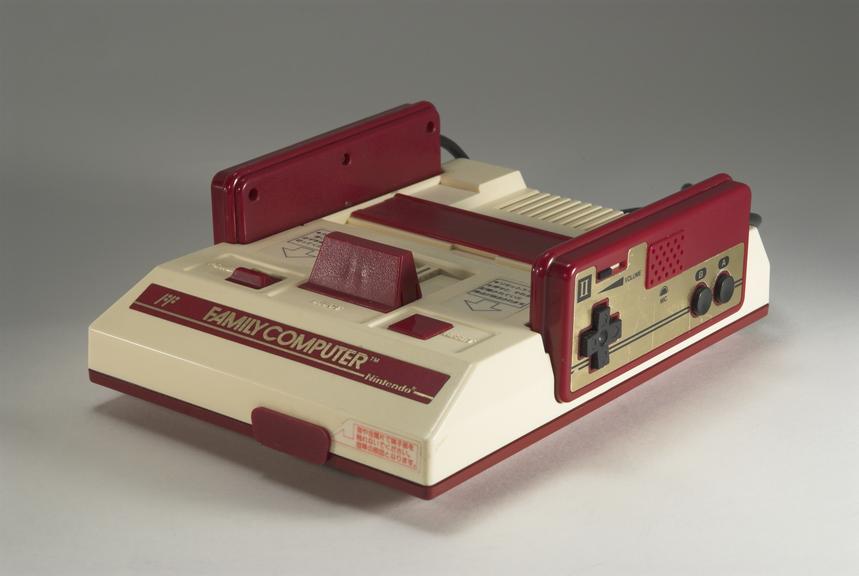 You carefully read subparagraph e) of paragraph 200 of SanPiN 2.1.3684-21.
You carefully read subparagraph e) of paragraph 200 of SanPiN 2.1.3684-21.
Comment to the wrong answer: What are you! Rather, reread the sanitary requirements, otherwise negative consequences cannot be avoided.
Unit 2
Evaluation of results
|
Number of correct answers |
Your rating |
Explanation |
|
9-10 |
Excellent |
You have become an expert in medical waste decontamination. Under your control, the organization will pass the test without any problems. nine0003 |
|
6-8 |
Good |
You definitely studied this topic, but gaps still remain. If some points of SanPiN are difficult for you, read our blog about medical waste, we often give clarifications on controversial issues. |
|
4-5 |
Satisfactory |
So far, you only have a general idea about the disinfection of medical waste. |
|
0-3 |
Unsatisfactory |
You have only heard about the rules for the disinfection of medical waste. There can be no talk of practical work yet. But there are always chances to acquire competence. nine0003 |
NIPT (Non-Invasive Prenatal Testing) DOT test in Moscow
NIPT (Non-Invasive Prenatal Testing) DOT test in Moscow — genetic laboratory Genoanalitika LLC
Genoanalyst laboratory performs prenatal testing to determine the following chromosomal diseases *:
3 Syndrome Down syndrome
Patau syndrome
Shereshevsky-Turner syndrome
Klinefelter syndrome
Edwards syndrome
Chromosomal disorders are a hereditary human pathology that develops in the embryonic period and manifests itself after birth.
Chromosomal diseases can occur in a fetus at the age of the mother from 20 years.
Risk factors for the birth of children with chromosomal abnormalities
Increased risks of chromosomal abnormalities in the fetus, identified by the results of ultrasound or biochemical screening.
The age of the future mother is more than 35 years old — with the increase in the age of the parents, the risk of having a child with a chromosomal pathology increases. nine0003
Possible risk of having a child with a pathology after successful pregnancies (second, third pregnancy).
Possible risk of having a child with a pathology, regardless of the type of pregnancy (natural pregnancy / IVF pregnancy).
Due to absolute safety for mother and child,
and high accuracy, the NIPT DOT test is recommended by the Russian Society of Obstetricians and Gynecologists for all pregnant women.
nine0293
The task of modern medicine is to identify genetic abnormalities in the fetus in the early stages of pregnancy.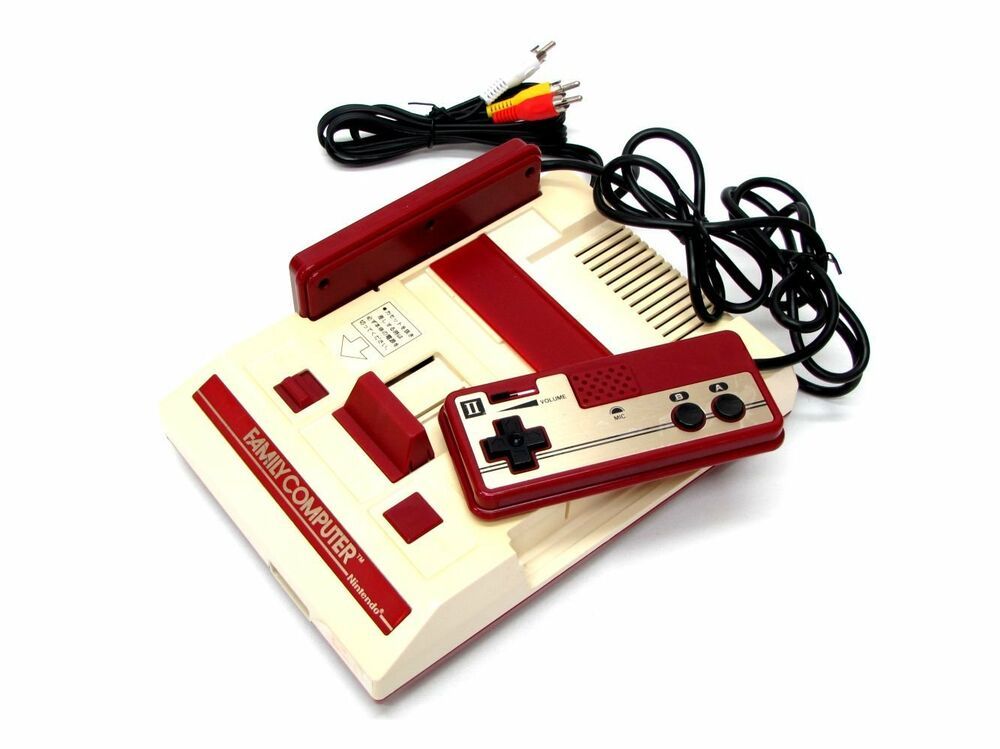
For analysis, venous blood is taken from a pregnant woman, which eliminates any risks of damage to the fetus and guarantees
safety for the expectant mother.
DOT-test «Diagnosis of Major Trisomy» — a non-invasive prenatal method, created and patented by the laboratory of Genoanalyst,
approved by the Russian Society of Obstetricians and Gynecologists. Methodological recommendations for application were issued jointly with the Scientific Center
obstetrics, gynecology and perinatology. academician V.I. Kulakov. The method is highly effective in detecting changes
the number of chromosomes 21, 18, 13, X, i.e. allows you to identify the risks of the fetus having genetic syndromes of Down, Edwards, Patau,
Shereshevsky-Turner and Klinefelter. nine0003
Free circulating DNA is isolated from the obtained blood sample and analyzed by genomic sequencing.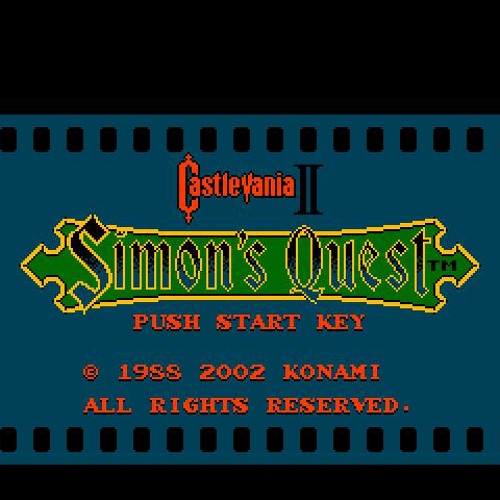 The result of the analysis is issued in the form of a report containing information about the risk of having a child
The result of the analysis is issued in the form of a report containing information about the risk of having a child
with chromosomal abnormalities.
Humans normally have 23 pairs of chromosomes: these are 22 pairs of autosomes, the same in men and women
and designated by serial numbers from 1 to 22, and sex chromosomes, which are represented in the female body
two X chromosomes, and in the male X and Y chromosomes. nine0003
21
Dauna
18
Edwards syndrome
13
Patau
x
X
Shereshevsky-Terrier
Y
Cleinfelter
SPULITRA Down syndrome (the most common chromosomal abnormality).
Blood is not sent abroad — the DOT test is carried out in Russia on the company’s own equipment in full compliance with the regulatory framework of the Russian Federation. The analysis takes into account all possible
ethnic features of the genome, characteristic of the inhabitants of our country. nine0003
nine0003
At the request of the parents, we can determine the sex of the child before it becomes clear on ultrasound and other screening methods — starting from 10 completed weeks of pregnancy.
The test can be performed in both single and twin pregnancies, in pregnancies resulting from IVF, including the use of a donor egg, and in surrogate motherhood.
NIPT DOT test is carried out on our own equipment in Moscow using the NGS method.
NGS (next generation sequencing) — an innovative method of genetic diagnostics for determining the nucleotide sequence of DNA and RNA
to obtain a formal description of its primary structure. Next generation sequencing technology allows you to “read”
several sections of the genome at once, which is the main difference from earlier sequencing methods. nine0003
New non-invasive DOT test:
the present and future of prenatal diagnosis
aneuploidy (chromosomal abnormalities) for the most common chromosomal lesions.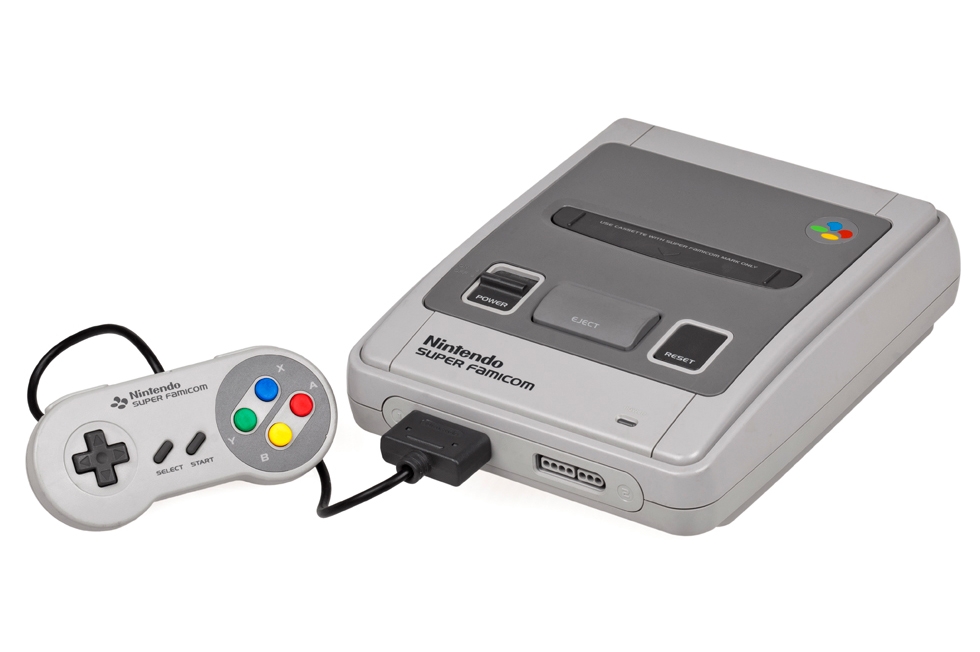

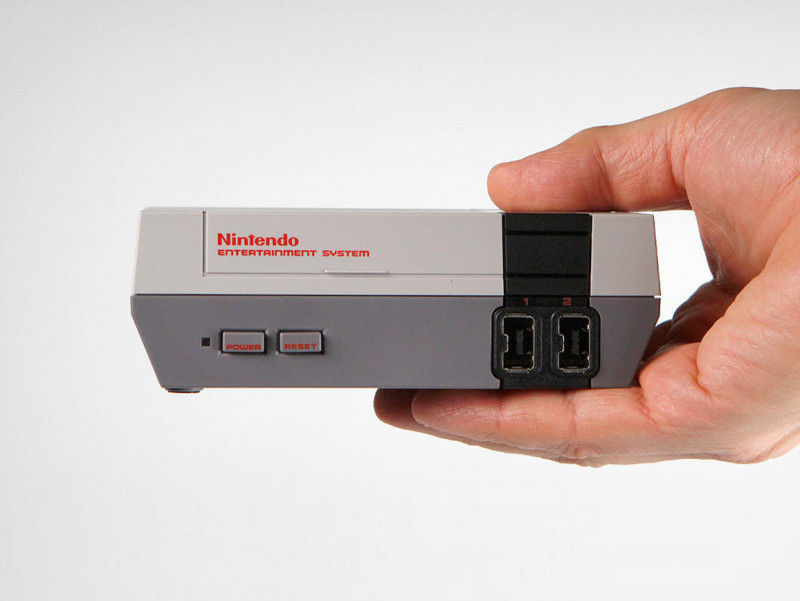 You still have a lot to learn — and we will be happy to help.
You still have a lot to learn — and we will be happy to help.